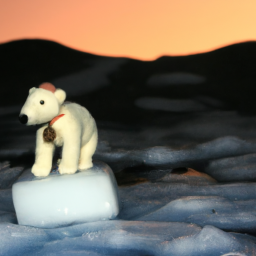216
Newsletter
Subscribe to our newsletter for exclusive content, latest news and trends, and exciting new features.
Tranding
Categories
Travel and tourism
EntertainmentGaming and esportsScience and natureMusic and EntertainmentSports and fitnessLiterature and writingHome and gardenBusiness and entrepreneurshipFood and cookingArts and cultureEducation and learningLifestyleHealth and wellnessPets and animalsTechnologyBeauty and personal careEnvironment and sustainability


















Comments
Leave a Comment